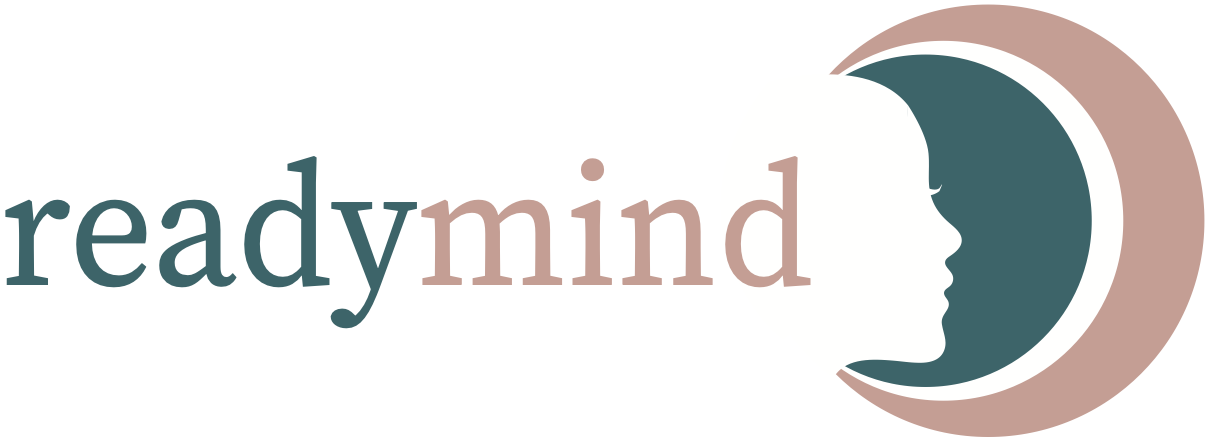Take the Body Dysmorphia test.
Think you might have Body Dysmorphic Disorder? Take this 1 minute questionnaire to find out.
 Body dysmorphic disorder (BDD) is a psychological condition characterized by a preoccupation with perceived flaws in physical appearance, sometimes to the point of obsession. Individuals with BDD typically look totally normal, but might focus on one or more aspects of their appearance, believing that these flaws are ugly.
Body dysmorphic disorder (BDD) is a psychological condition characterized by a preoccupation with perceived flaws in physical appearance, sometimes to the point of obsession. Individuals with BDD typically look totally normal, but might focus on one or more aspects of their appearance, believing that these flaws are ugly.
Taking a self-report questionnaire for self-discovery can be a valuable first step if you suspect you may have BDD. While self-diagnosis is not a substitute for professional evaluation, it can provide insight into your thoughts, feelings, and behaviors related to body image. The Body Dysmorphic Disorder Questionnaire (BDDQ-AS) is a widely used screening tool that assesses symptoms associated with BDD. It consists of questions related to preoccupations with appearance, repetitive behaviors, and impairment in functioning. By completing such a questionnaire, you can gain a better understanding of their experiences and decide whether seeking professional help is warranted.
One of the challenges with BDD is that individuals may suffer in silence, feeling ashamed or embarrassed about their concerns. However, seeking a diagnosis can be incredibly helpful for several reasons. Firstly, a diagnosis can validate your experiences, reassuring you that your struggles are real and not imagined. Secondly, it can open the door to appropriate treatment options, such as therapy, which can significantly improve symptoms and quality of life. Finally, receiving a diagnosis can help individuals connect with support networks and resources, reducing feelings of isolation and providing a sense of community.
The prevalence of body dysmorphic disorder is estimated to be around 2% in the general population, and much higher in cosmetic or other aesthetically focussed settings BDD affects people of all ages, genders, and backgrounds, although it often emerges during adolescence or young adulthood.
It’s important to remember that seeking help for body dysmorphic disorder is not a sign of weakness, but rather a courageous step towards healing and self-acceptance. Therapy, particularly cognitive-behavioral therapy (CBT), has been shown to be effective in treating BDD by helping individuals challenge negative beliefs about their appearance and develop healthier coping strategies.
Body dysmorphic disorder is a challenging but treatable condition that affects individuals across diverse backgrounds. Seeking a diagnosis and appropriate treatment can offer validation, support, and hope if you’re struggling with BDD. By taking a self-report questionnaire for self-discovery and reaching out for professional help, you can embark on a journey towards self-acceptance and mental well-being. Remember, you are not alone.
